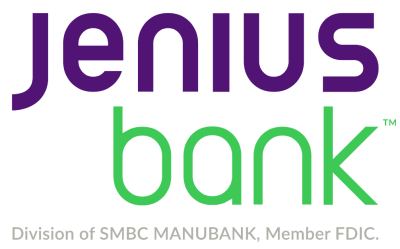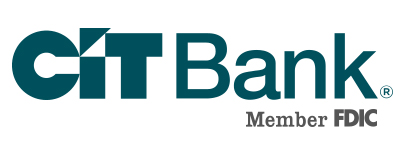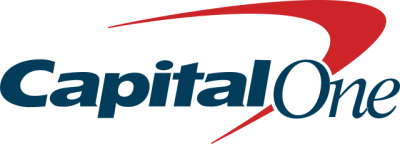Pros:
- Low opening requires amounts
- Variety of accounts offered
- Online accounts available in all states
- Rates not tiered for online accounts
Cons:
- Accounts have a monthly fee
- Some accounts only offered in few states
- Not all accounts offer competitive rates
- Competitive rates require a large sum
Pros:
- Variety of personal deposit accounts
- Some accounts offer competitive rates
- Business accounts and services offered
- Low opening required amounts
Cons:
- Must meet requirements to earn interest
- High required amounts for MMA
- Cannot open all accounts online
- Accounts have monthly fees
To open Mutual of Omaha Bank accounts requires low amounts. The online checking account only requires $100 to open. The other checking accounts require from $100 to $1,000 depending on the account. The savings and money market accounts require $100 or $1,000. The online money market requires $1,000 to open.
Mutual of Omaha Bank offers a variety of personal deposit and business accounts. They offer six personal checking accounts. A basic savings account and two money market accounts are offered. CD terms vary from 1-month to 60-months; fixed rates and standard rate CDs offered.
Mutual of Omaha Bank offers an online checking and money market account. The online checking account only requires $100 to open. There is not a monthly fee if your balance is above $100. Balances over $1,500 earn interest. The money market account requires $1,000 to open, waive the fee, and earn interest. These accounts are available in all states.
To earn the most competitive rates for the online accounts does not require a large sum. The online money market account only requires $1,000 to earn the best rate. The online checking requires $1,500. Amounts over $250,000 earn much lower rates.
Mutual of Omaha Bank checking and savings accounts have monthly fees. Those fees range from $3 to $15 depending on the account. Waive the fees by keeping a set balance in the account. Those balances range from $100 to $10,000 depending on the account.
Not all accounts are available in all states. Mutual of Omaha limits the accounts to specific states. The online money market and checking account are available in all states. Most accounts must be opened at a branch location.
Not all Mutual of Omaha Bank accounts offer competitive rates. The online accounts offer rates competitive with other online accounts. The CDs and other accounts offered through branch locations are not as competitive. The rates may change based on the state you open the account in.
To earn the most competitive interest rates requires a large sum. The Mutual of Omaha Bank money market account requires $250,000 to earn the highest rate. The investment checking requires $50,000.
Presidential Bank offers a wide variety of personal deposit accounts. They offer seven checking accounts, two savings accounts, and a variety of CDs. Each account has requirements to open the account and to earn interest. Find the one that works best for you.
The Presidential Bank Checkless Checking account and the Money Market Plus Checking account offer competitive interest rates. Most of the CDs also offer competitive interest rates. The rates are competitive with other online accounts. They are much higher than other brick and mortar bank rates.
Presidential Bank offers a variety of business accounts. Those accounts include checking, savings, and money market accounts, and CDs. They also offer a variety of lending options for businesses. Those include real estate lending, equipment lending, and working capital lines of credit.
Most Presidential Bank accounts have low opening required amounts. Most checking accounts require either $100 or $500 to open. One savings account only requires $100 to open. All the CD terms require $1,000 to open. Some accounts do have higher required amounts.
The Checkless Checking account has the most competitive rates. You must meet account requirements to earn the most competitive interest rates. Those requirements include having a direct deposit into the account each month. You must also make a set amount of electronic withdrawals per month. Other requirements may apply.
The Presidential Bank Money Market Plus Checking account offers competitive interest rates. To earn the most competitive rate requires a high balance. That account must have $100,000 to open and earn interest. The interest rates are considerably lower if your account balance falls below $100,000.
Not all Presidential Bank accounts can open online. Some accounts require opening in a branch location. Those accounts include checking accounts. Most other Presidential Bank accounts can be opened online.
Checking, savings, and money market accounts with Presidential Bank all have monthly fees. Those fees range from $2 to $5 a month, depending on the account. Waive those fees each month by keeping your account balance above a certain amount. The amount changes based on the accounts.





